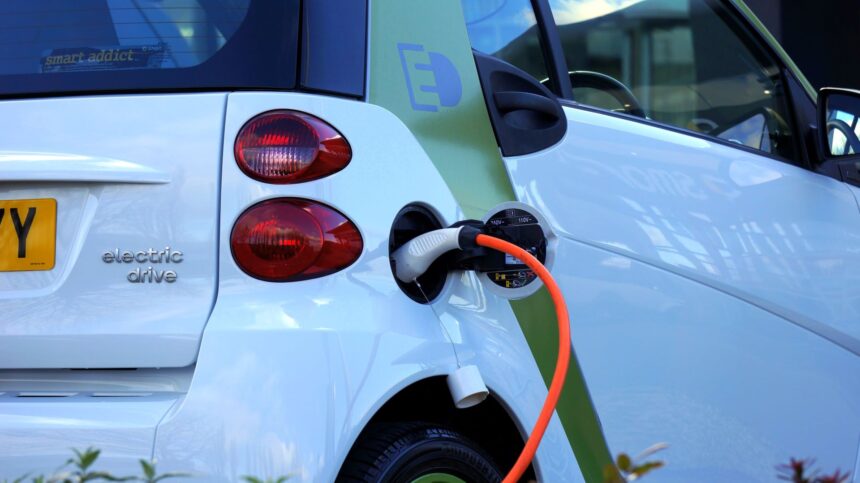The car industry is currently going through an unprecedented revolution, a major change in the way vehicles are propelled. Over the years, internal combustion engines have dominated the market, but now we are witnessing a transition to electric cars. This transformation has as its main objective the reduction of polluting emissions and the improvement of sustainability in the field of transport.
The ecological alternative
Electric cars are an obvious ecological alternative to traditional vehicles with internal combustion engines. They work on the basis of electricity, using an electric motor instead of one with internal combustion. This means that the use of fossil fuels, which contribute significantly to greenhouse gas emissions and air pollution, is no longer required.
Another major advantage of electric cars is that they do not produce emissions during use. Internal combustion engines, on the other hand, release harmful substances such as carbon dioxide, carbon monoxide and nitrogen oxides into the atmosphere. Therefore, electric cars can significantly reduce the impact on the environment and can contribute to improving air quality in dense urban areas.
Advantages of electrical machinery
With the evolution of technology, electric cars have become increasingly attractive to consumers. They offer a number of advantages over traditional cars, such as:
- Energy efficiency : The electric motors are much more efficient than those with internal combustion. They converta higher amount of electrical energy in motion, compared to internal combustion engines, which lose a significant part of the energy in the form of heat.
- Reduced maintenance costs : Electric cars have a small number of mobile components and do not require regular oil or air and oil filters. This leads to lower maintenance costs in the long term.
- Silent driving experience : The electric motors are much quieter than those with internal combustion. This offers a more pleasant driving experience and reduces noise in crowded urban areas.
- Fuel savings : With rising prices for fossil fuels, electric cars become an increasingly economically attractive option. Costselectricity supply is generally lower than fossil fuel supply.
Obstacles and solutions
With all these advantages, there are still obstacles that prevent faster adoption of electric cars. One of the most significant obstacles is the charging infrastructure. The network of charging stations must develop so that users of electric cars have easy and convenient access to charging. Governments and private companies must invest in expanding infrastructure and encourage the installation of fast charging stations.
Another obstacle is limited battery autonomy. Although the battery technology for electric cars has improved significantly in recent years, their autonomy isthe lower of the engine with internal combustion engines. Solutions are in constant development to improve battery performance and to extend the autonomy of electric cars.
Impact on the car industry
The electric revolution in the car industry has a significant impact on car manufacturers and suppliers. Many large car manufacturers have begun to invest heavily in the technology of electric cars and to reorient their production towards them. This has led to the launch of new and innovative models, which enjoy increasing popularity among consumers.
In addition to car manufacturers, the battery industry for electric cars has also become an essential component of the revolution. Companies like Tesla, with cutting-edge technologyIn the field of batteries, they have brought significant innovations in this field.
Future of electric vehicles
The electric revolution in the car industry is in full swing and seems to accelerate in the future. Governments around the world are proposing to reduce polluting emissions and promote electric vehicles through a series of policies and incentives. Also, the development of battery technology is advancing rapidly, which will lead to improved autonomy and reduce the costs of electric cars.
At the same time, the car industry must adapt to this major change and reconfigure its production processes and business strategies. Current challenges, such as charging infrastructure and limited battery autonomy, will be gradually resolved.
The electric revolution in the car industry represents an important step towards a more ecological and sustainable future. Electric cars are becoming more accessible and attractive to consumers, and their impact on the environment is significant. With all the current obstacles, there is no doubt that electric cars will play an important role in transforming the car industry in the coming years.
